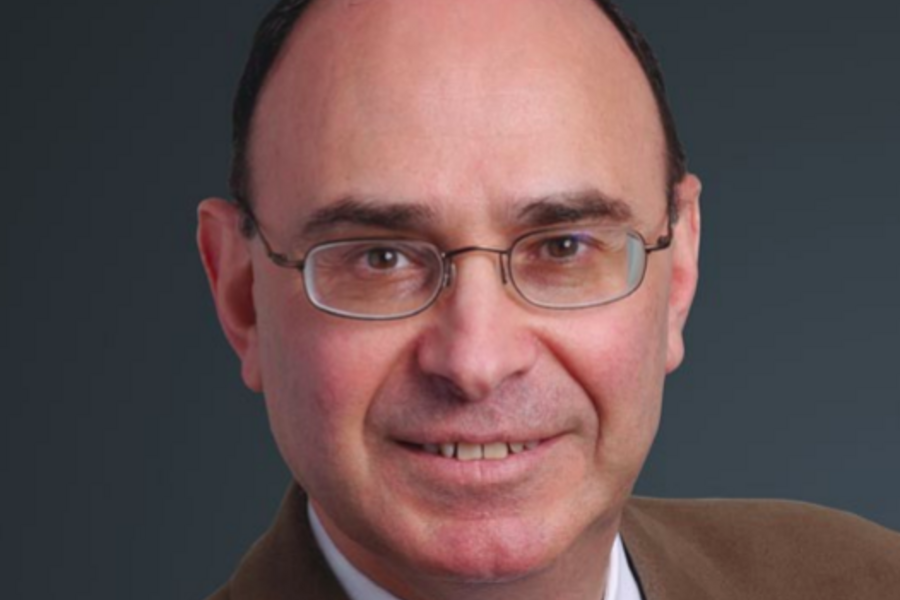Virtual Dementia Care & the Challenges of the COVID-19 Pandemic
Spotlight On: Dr. Morris Freedman
December 21, 2020
Dr. Morris Freedman has dedicated his career to tackling dementia, both through his clinical work and his research. His clinical career — which began with Medical School at the University of Ottawa, Neurology residency at the University of Toronto and a Behavioural Neurology fellowship at the Veterans Administration Medical Centre in Boston — has been dedicated to enhancing care for people living with dementia.
As the Head of the Division of Neurology and the Medical Director of Cognition & Behaviour at Baycrest, Dr. Freedman has continued this clinical work while adapting to the challenges of the COVID-19 pandemic. Throughout the pandemic, he has found ways to enhance care for people living with dementia both in his clinic and in the community.
At the start of the pandemic, Dr. Freedman switched to providing virtual care to his patients in line with safety regulations. This also meant he had to adapt thinking and memory tests to be done over the computer.
One such test is the Behavioural Neurology Assessment – Short Form, referred to as the BNA-SF. The BNA-SF is a 20-30 minute test typically used for patients in the mild to moderate stages of dementia. It assesses a patient’s attention, memory, language, ability to complete complex tasks, and understanding of the space around them.
Previously, this test would be given in-person during a clinic visit, but is now done virtually. Using the Ontario Telemedicine Network, Dr. Freedman and his team first connect with patients in their own homes by computer. Then, Dr. Freedman’s clinical team will enter the patient’s responses or take photographs of written activities as the patient holds them up to the screen. The staff member enters this information using an iPad that automatically uploads it into the Memory Clinics Research Database for research purposes, with the patient’s consent.
Dr. Freedman and his team are also looking at ways to offer the Toronto Cognitive Assessment (TorCA) virtually, a more in-depth assessment that was developed from the BNA-SF.
“The TorCA is a cognitive assessment tool designed for use by trained physicians, nurses and other healthcare professionals to be administered in any clinic setting,” says Dr. Freedman. “The TorCA was built on the Behavioural Neurology Assessment and by expert opinion, we added items that we expected would discriminate between different types of disorders.”
While working to find ways to administer the TorCA virtually, Dr. Freedman has since been successfully delivering the BNA-SF and other thinking and memory tests over the Ontario Telemedicine Network, and sharing his knowledge with fellow neurologists across Toronto to help with their own practices.
Beyond his own practice, Dr. Freedman and his colleagues have also helped to enhance clinical care for people living with dementia in the community during the COVID-19 pandemic. He recently led the creation of Baycrest’s Virtual Behavioural Medical Program which is a collaborative partnership between the Baycrest Sam and Ida Ross Memory Clinic and Toronto Central Behavioural Support for Seniors Program (TC BSSP).
The goal of this program is to prevent unnecessary emergency room visits as a result of responsive behaviours (e.g., agitation and aggression) in people living with dementia. The program uses a virtual platform to connect Dr. Freedman with patients in long-term care homes, acute care hospitals, and community care settings. He then provides virtual assessments and management that support staff and families in addressing responsive behaviours. To date, the program has had great success in reducing hospital admissions, providing support to clients and caregivers/care partners, and fostering collaborations with healthcare partners.
Learn more about Baycrest’s Virtual Behavioural Medicine Program.

